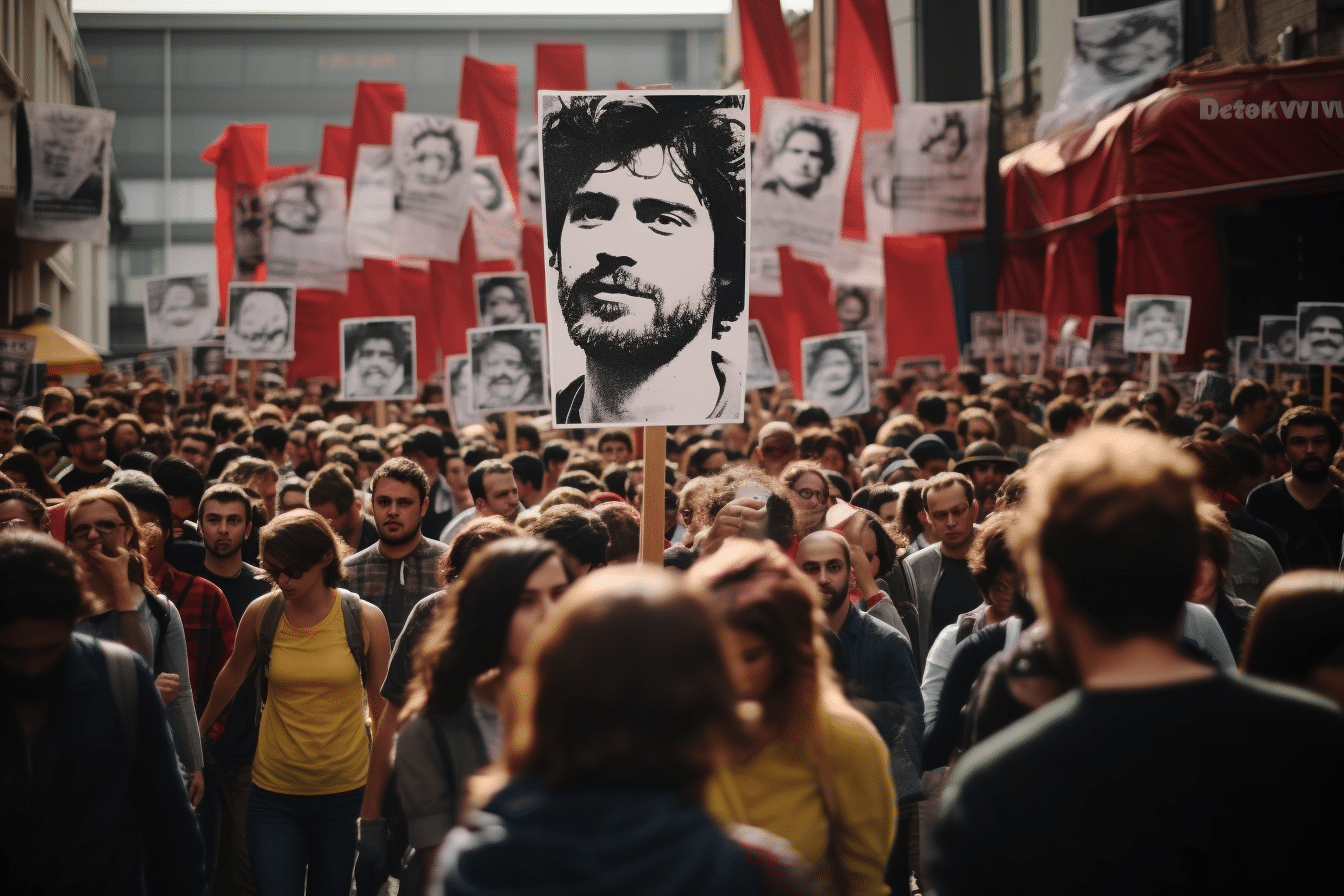
The very essence of art has always been about expressing oneself and challenging existing narratives. In a stark example, the 60th Antalya Golden Orange Film Festival, one of Turkey’s most distinguished film events, was embroiled in a controversy that resulted in its cancellation. At the heart of this storm lies a political documentary, “Kanun Hukmu” (or “The Decree”), which paints a bleak picture of the aftermath of the attempted 2016 coup in Turkey.
Scheduled to run from October 7 to 14 in the picturesque location of Antalya on the Turkish Riviera, the festival’s program initially included “Kanun Hukmu”. This documentary focuses on the lives of a doctor and a teacher who lost their jobs after the coup attempt. The film’s removal from the festival’s lineup was met with an outcry from the film community. “If our documentary is first accepted to the competition and then removed as a result of pressure, this is called censorship,” declared Nejla Demirci, the director of “Kanun Hukmu”, expressing her frustration on X, the social media platform previously known as Twitter.
The festival’s director, Ahmet Boyacıoglu, provided a different perspective, explaining to the Hurriyet Daily News that the removal was due to “ongoing legal proceedings against one of the people featured in it.” He emphasized that this decision was made “not to affect the judicial process and impartiality.” Despite this, the film was briefly reinstated following a wave of protests from various directors and the festival jury.
However, the rollercoaster of events took another twist when the Culture and Tourism Ministry of Turkey withdrew its backing. Consequently, the festival again delisted “Kanun Hukmu” and subsequently cancelled the entire festival. “I regret to inform filmgoers that we cancelled this year’s Antalya Golden Orange Film Festival… due to events beyond our control,” lamented Muhittin Bocek, Antalya’s mayor, on X.
The festival’s cancellation is not an isolated event. Historical records show that it was previously halted in 1979 after the banning of the movie “Yolcular,” among others, and in 1980 due to a military coup.
Turkey’s President Recep Tayyip Erdogan defended the removal of the documentary, underscoring his standpoint that art should not compromise national sovereignty. “We cannot accept the promotion of propaganda that undermines our national sovereignty, especially under the guise of art,” he stated. This comes against President Erdogan’s actions post the 2016 coup attempt where he dismissed over 125,000 state employees and arrested more than 110,000 individuals, actions that many global observers termed a “witch hunt.”
The recent events surrounding the Antalya Golden Orange Film Festival are a poignant reminder of the delicate balance between artistic freedom and governmental control and the intrinsic value of ensuring that art remains a platform for uncensored expression.
